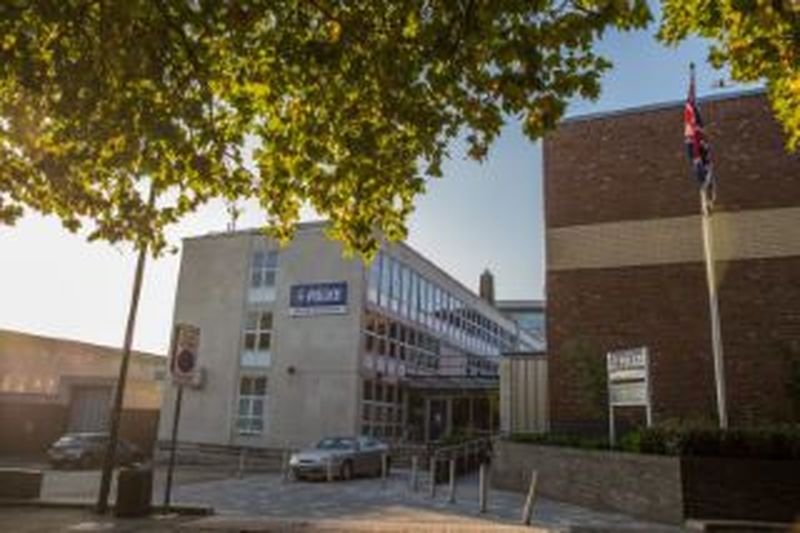BARNSLEY’S dwindling burglary rates - which have reduced by 17 per cent in recent months - will not lead to police complacency, force bosses have assured residents.
Despite a surge in so-called ‘two-in-one’ burglaries in the first months of this year - where criminals broke into homes in order to steal high-value cars - figures have since tailed off.
Latest statistics obtained by the Chronicle reveal 245 residential burglaries occurred across Barnsley between April and June - a reduction of 50 on the previous quarter’s incidents.
Police at Barnsley’s neighbourhood policing hubs attribute the reduction to schemes such as the ’12 Streets’ initiative, which saw officers work alongside, local Neighbourhood Watch groups and council staff to identity 12 of the worst-hit areas to provide more high-visibility presence in June.
A police report said: “This sought to reduce burglary offences by visiting the 12 most-burgled streets in the district over the previous 12 months to make residents aware and ask them questions around their home security, knowledge of burglary and perceptions of crime and safety.
“Rates of residential burglary in Barnsley remain low and stable.
“The reduction of such offending remains a key district priority, due to the devastating impact the crime can have on victims and the adverse impact on their feelings of safety and security.
“Our staff visited 248 homes, receiving positive feedback from 92 per cent of those surveyed who said they felt moderately or very safe in their homes.”
Measborough Dike, Goldthorpe and Grimethorpe are now the three priority areas for burglary within the Barnsley district, each which have bespoke ‘problem-solving plans’ (PSPs).
Operation Shield will continue, where residents in burglary-prone communities are given crime prevention assistance including the use of ‘smart water’ marking, where the contents of their home are marked with an invisible but unique fluid which acts as a fingerprint so stolen property can be easily identified.
That means it is immediately unattractive to criminals because if caught with such items, they can be linked to the crime.
“Working collaboratively, our aim is to offer crime prevention advice, further enhance Operation Shield preventative measures, and
make effective use of Neighbourhood Watch co-ordinators to sign up some new schemes, whilst promoting the work of local policing teams,” the report added.
“We have utilised problem-solving techniques, conducted crime prevention assessments and are working on delivering Operation Shield prevention kits and signage in the areas.
“Burglary is reducing in South Yorkshire, but we know the impact this horrendous crime has on residents.
“Tackling burglary remains a force priority and we will continue to do all we can to further drive crime down and bring offenders to justice.”
South Yorkshire Police axed its former Safer Neighbourhood Team (SNT) structure in a bid to slash £8.1m from its budget in 2015 - a widely criticised decision which saw bobbies being taken out of the communities they knew and moved to Wombwell.
But a U-turn was performed following the backlash and an initial four hubs - in Barnsley town centre, Goldthorpe, Kendray and Royston - began operating in 2017, joined by officers based at Cudworth and Penistone in 2018 and Hoyland last year.
With additional officers working at core times with a ‘proactive preventative approach’, bosses hope to see further reductions in burglary.
Dr Alan Billings, South Yorkshire Police and Crime Commissioner, added: “A break-in can affect us for many years - this is why I have said to the police that I want to see them make burglary one of their top priorities.
“We have to get on top of it and each month when I ask the district commanders to report to me on how their officers are performing, I ask them to talk about what they are doing to combat burglary.
“I am pleased to say that Barnsley officers are being very active.
“Officers have looked back through the data to see which communities in the Barnsley district, and elsewhere in South Yorkshire, have suffered most from this crime.
“They have enlisted the help of researchers to try to understand why this should be and the help of other agencies - such as the local authority - to see what they can do together to reduce the crime.”


























